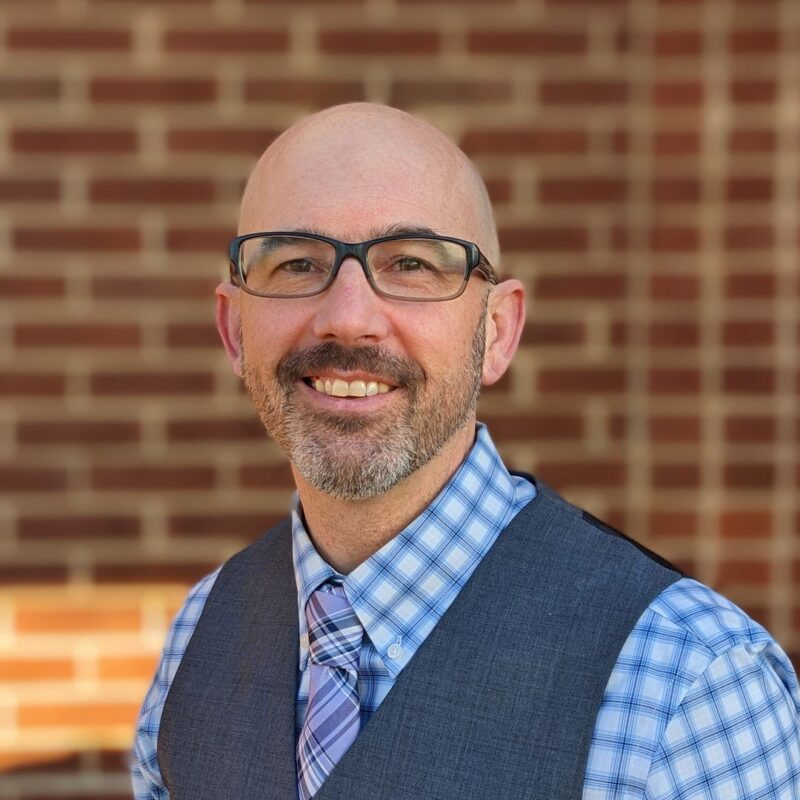In 1997, Congress passed the State Children’s Health Insurance Program (SCHIP) to provide health insurance for children from families who earn too much to qualify for Medicaid but are still too poor to pay for private insurance. Ten years later, the bill covers more than 6 million children, with another 9 million still uninsured. To try to cover those still uncovered, Congress attempted to expand and renew the legislation this year by adding $35 billion across the next five years, thus covering an additional 4 million children.
In the lead-up to their vote, President Bush expressed his opposition to the bill, so it came as no surprise when on October 3 he vetoed Congress’s expansion of SCHIP. According to White House statements, his rationale was based on a two-pronged argument that the new bill would “go too far toward federalizing health care” and that it would expand coverage to children in households with higher incomes.
 President George Bush was afraid that middle-class kids might get health care coverage and so vetoed a children’s health insurance reauthorization bill. President George Bush was afraid that middle-class kids might get health care coverage and so vetoed a children’s health insurance reauthorization bill. |
“The legislation does not expand eligibility from where it has been the last 10 years,” counters Judith Cash, deputy director of the Virginia Health Care Foundation. SCHIP presently applies to those at or below 200 percent of the Federal Poverty Level. Called Family Access to Medical Insurance Security (FAMIS) in Virginia, the bill currently covers more than 83,000 children in the state. Another 90,000 go uninsured.
“There are at least tens of thousands of kids that would be at current levels eligible for this insurance,” says Jon Nafziger, vice president for community initiatives for the local United Way.
He objects to Bush’s argument that the renewed SCHIP would have provided coverage to children of families with too much income. “Here, that’s certainly not the case,” he says. “These are all kids that would not have insurance. We see a lot of families trying to hang on to their insurance and paying 15 to 20 percent of their income for it, working families—often single parents—and the choice is really between having health insurance or not having it.”
Although the bill expired on September 30, the state contributes a third of the funds for FAMIS and currently has enough in its coffers to last through March. Meanwhile, Congress will attempt to override the veto but is currently 15 to 20 votes short in the House, according to reports.
If those attempts fail, Nafziger warns the costs may be even more than they would have been under an expansion. “Do you want to support this program or catch the costs on the other end?” he asks. “Kids using emergency rooms more when they don’t have to, kids with preventable conditions that don’t get treated, and then having more significant costs that the state may be asked to absorb? If the kids are sicker, you have parents missing work more. There are a lot more economic impacts on families as well as the community.”
C-VILLE welcomes news tips from readers. Send them to news@c-ville.com.





